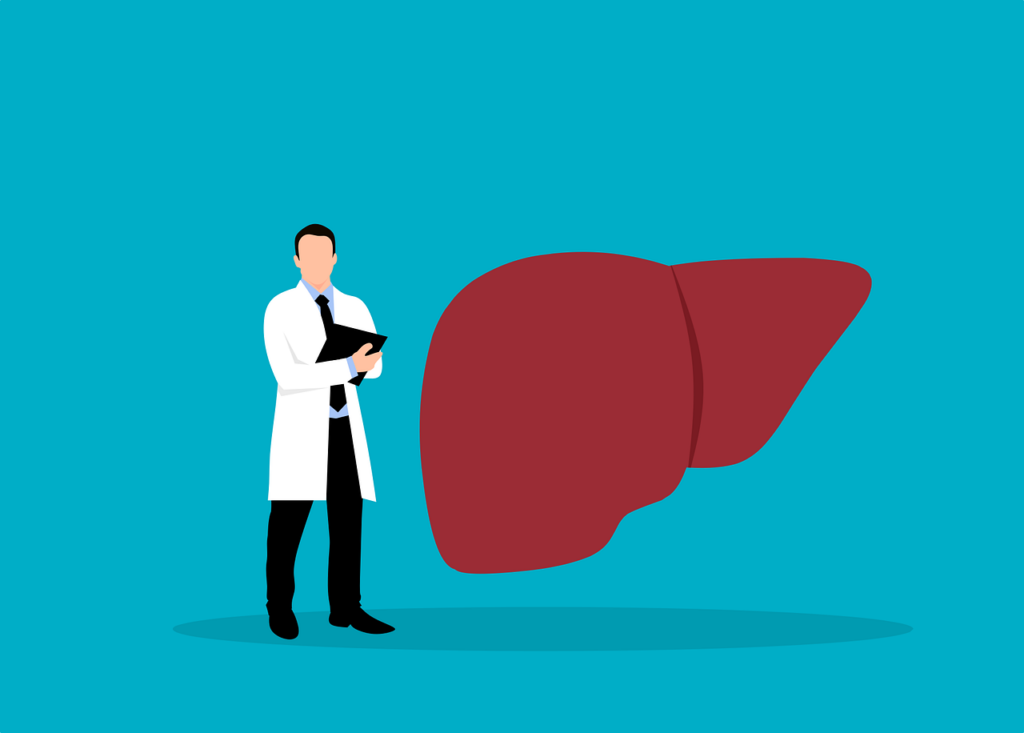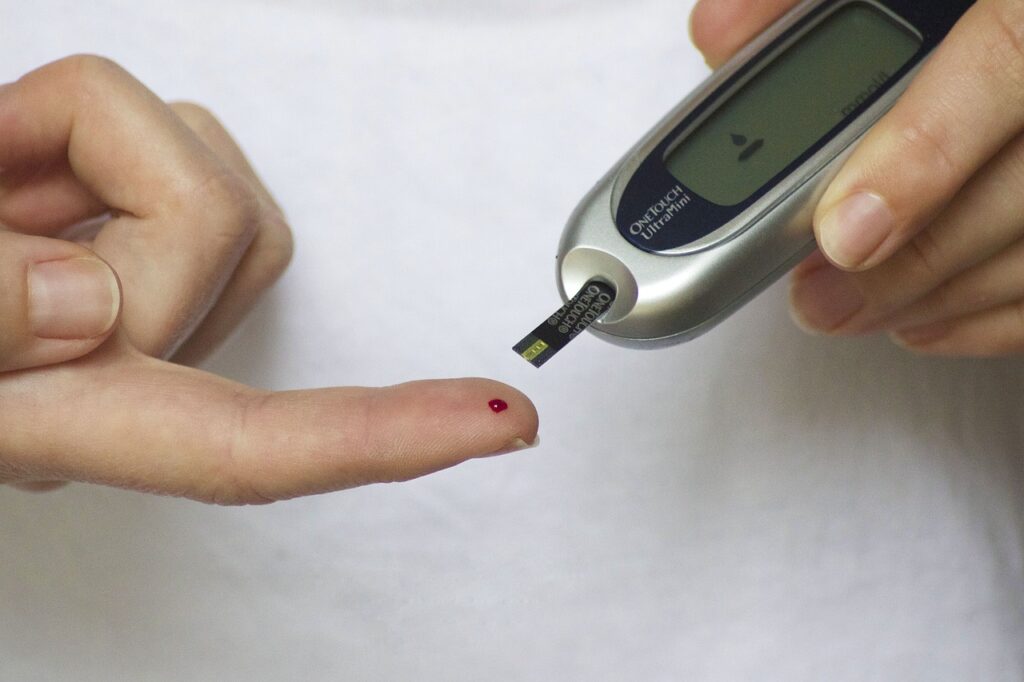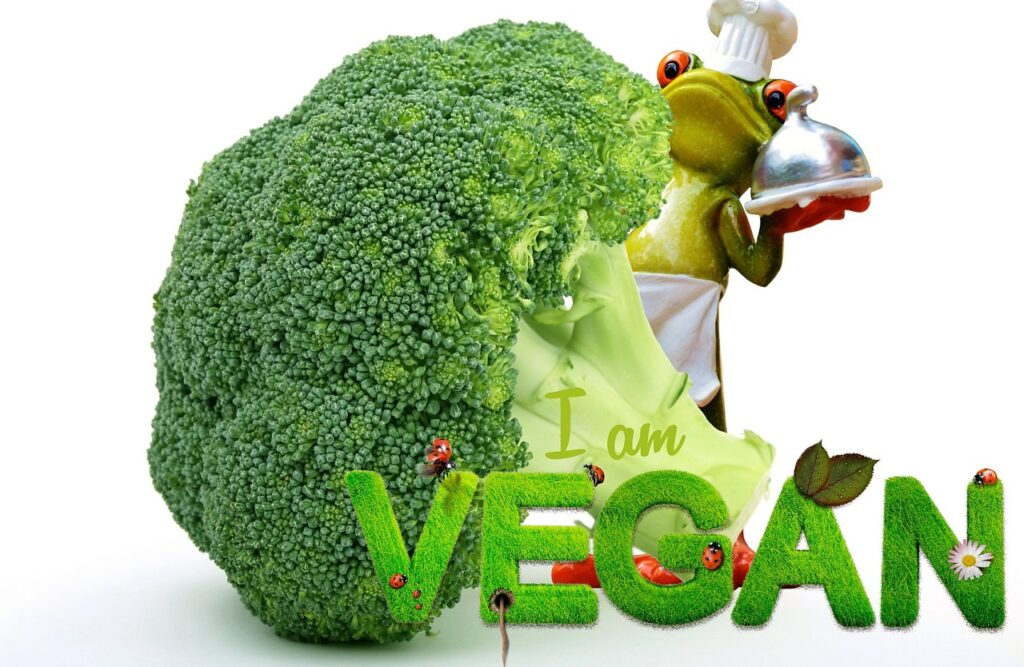Bad eating habits and an unhealthy lifestyle significantly increase the risk of developing fatty liver disease. Initially presenting with symptoms such as abdominal pain and discomfort, this condition can progress to more severe symptoms, including fever, nausea, and internal bleeding. The liver, responsible for nutrient absorption and waste removal, naturally contains fat. However, excessive fat …
Continue reading Effective Strategies for Treating Fatty Liver Disease
Tag:diet
Exercise for Diabetes Management
Exercise serves as a potent tool not only for regulating blood sugar levels but also for managing weight and blood pressure concurrently. Moreover, it acts as a barrier against the advancement of pre-diabetes to full-fledged diabetes. Hence, for individuals with diabetes or those at risk, alongside adhering to dietary principles and prescribed medications, engaging in …
Continue reading Exercise for Diabetes Management
Reducing body fat through exercise
A healthy diet and exercise are the two primary factors most effective for fat loss. Typically, sports science experts recommend engaging in moderate-intensity physical activity for at least 30-50 minutes daily to achieve weight loss. It’s worth noting that combining calorie restriction with a nutritious diet and a suitable exercise regimen forms an excellent recipe …
Continue reading Reducing body fat through exercise
vegan diets
Vegetarian and vegan diets prioritize plant-based foods while avoiding animal products, but they differ in their specifics. The primary aim of both is to promote health and environmental sustainability. **Vegetarian Diet:** A vegetarian diet involves consuming plant foods like fruits, vegetables, grains, legumes, nuts, and vegetable oils. Dairy products, honey, and other animal-derived items might …
Continue reading vegan diets
Snack Diets
Snack diets are a method of dieting centered around consuming healthy and appropriate snacks to manage weight and enhance health. These diets primarily incorporate snacks that are aligned with health goals and composed of diverse and nutritious food ingredients. The fundamental concept behind snack diets is that these snacks can aid in appetite control and …
Continue reading Snack Diets
Protein Diets
Protein diets are a category of dietary plans that emphasize consuming higher amounts of proteins to increase energy levels, build body tissues, and maintain muscle health. These diets may be suitable for individuals engaged in sports, those aiming to lose weight, or bodybuilders. Protein diet plans typically include consuming various protein sources such as chicken, …
Continue reading Protein Diets
Micronutrition diets
Micronutrition diets, or micronutrition-based diets, focus on principles emphasizing high nutritional value in foods, including vitamins, minerals, and other essential nutrients. The core concept of micronutrition involves consuming foods abundant in minerals, vitamins, antioxidants, and other beneficial nutrients commonly found in fruits, vegetables, nuts, whole grains, and quality protein sources like fish, chicken, eggs, peas, …
Continue reading Micronutrition diets
Low fat diets
Low-fat diets involve minimizing fat intake to achieve weight loss, manage cholesterol levels, and address specific health conditions like cardiovascular disease. However, it’s crucial to maintain a balance by including healthy fats, such as semi-saturated fats and saturated, as they are essential for overall health. In low-fat diets, the consumption of certain foods is typically …
Continue reading Low fat diets
Detox Diet
“Low-Calorie Diets” are dietary regimens where calorie intake is minimized. These diets are typically used for weight loss or maintaining a healthy weight. Some well-known low-calorie diets include the Detox Diet, the 1200-calorie Diet, the 1500-calorie Diet, and diets tailored for weight loss during diabetes. These regimens usually control calorie intake by managing the size …
Continue reading Detox Diet
Ketogenic diets
Ketogenic diets, also known simply as keto diets, are a dietary approach that emphasizes reducing carbohydrate intake while increasing fat and protein consumption. The primary objective of these diets is to induce a metabolic state called “ketosis” within the body. During ketosis, the body does not use sugar and glucose for energy. Instead, it relies …
Continue reading Ketogenic diets










